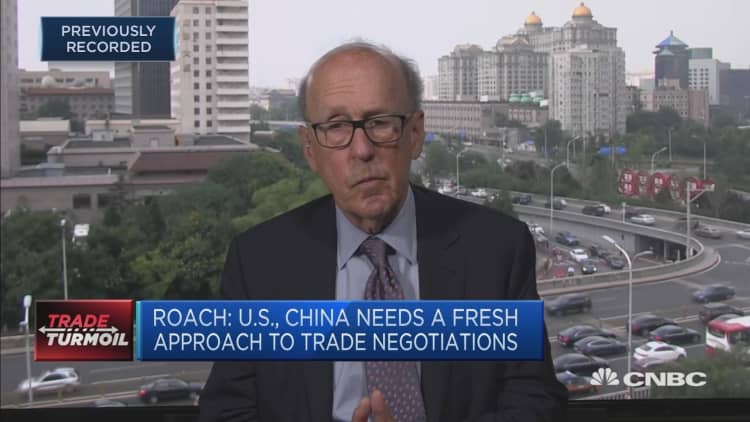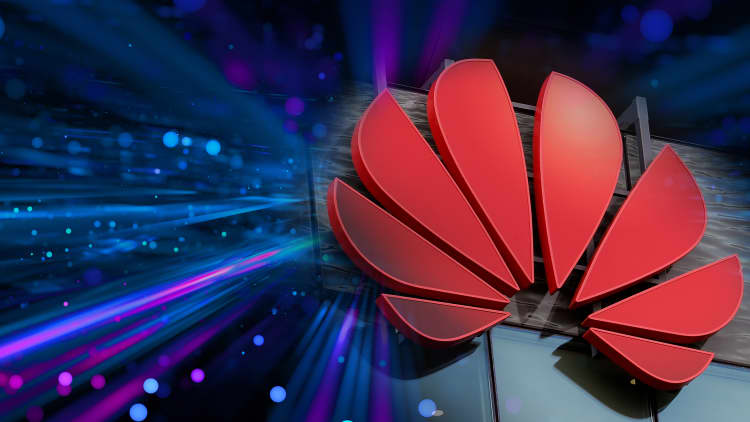
The accusation by U.S. President Donald Trump's administration that Chinese tech giant Huawei threatens national security is based on "innuendo and assumption" rather than facts, a leading economist said on Thursday.
Amid escalating trade tensions with China, Washington had alleged that Huawei products could be used by Beijing for espionage and proceeded to place the company on a blacklist that restricts its business dealings with American firms. It later loosened that stance for transactions that don't pose national security risk.
Huawei said it would never hand over data to China's government, but a recent paper appeared to reveal deeper links between the company and the Chinese military.
Still, Stephen Roach, a senior fellow at Yale University, said the Trump administration has not been convincing in its allegations that Huawei is a threat.
This administration does not do fact-based policy, it does politics-based policy and that's likely to continue to be the case with Huawei and even the possible imposition of further tariffsStephen RoachSenior fellow at Yale University
"The U.S. has not made a case against Huawei on national security grounds in any way whatsoever, there's a lot of innuendo and assumption that's been made, which is pretty consistent with the entire case that the U.S. has made on the Section 301 allegations against China," he told CNBC's "Squawk Box."
"This administration does not do fact-based policy, it does politics-based policy and that's likely to continue to be the case with Huawei and even the possible imposition of further tariffs," said Roach, who's a former chairman of Morgan Stanley Asia.
Washington, in imposing tariffs on Chinese products, invoked Section 301, a law that allows the U.S. executive branch to take action against unfair trade practices by other countries — a move that Roach had also questioned previously.
Tensions between the U.S. and China escalated in May as negotiations for a trade deal broke down. But Trump and Chinese President Xi Jinping, after meeting last month at the G-20 summit in Osaka, Japan, agreed that both sides would resume talks.
But investors shouldn't hold out for both sides to reach a deal before the 2020 presidential elections in the U.S., said Roach.
"The likelihood that Osaka paves the way to a meaningful trajectory towards a deal over the near term I think is probably over-optimistic," he said. "We're back to a framework that was existing in early May that got us no where."
— Reuters and CNBC's Arjun Kharpal contributed to this report.
WATCH: What is Huawei?



